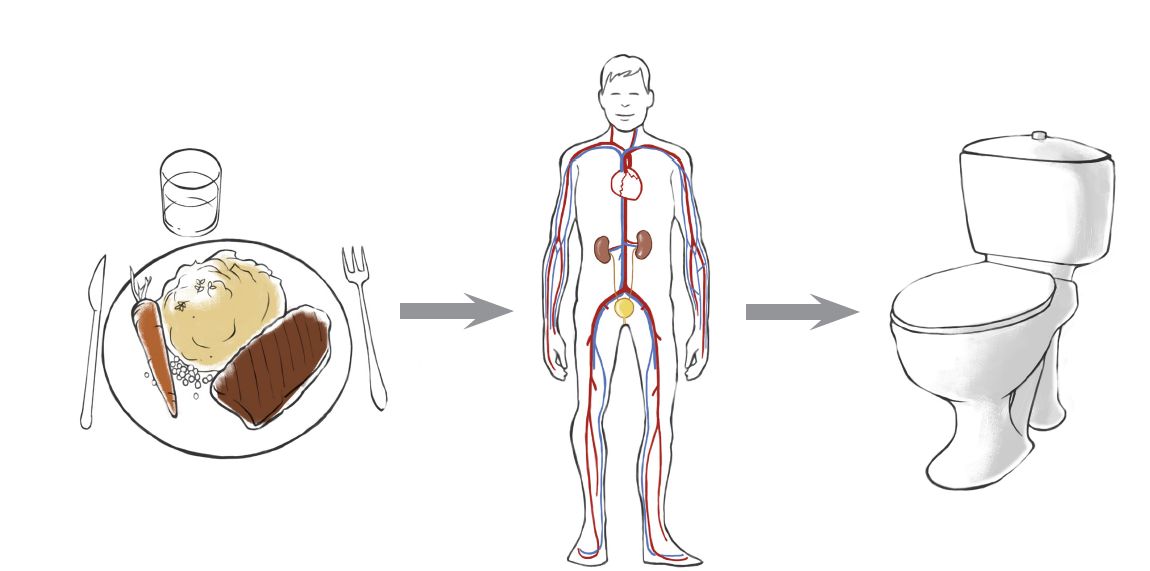When your kidneys fail
Your kidneys are vital organs that keep your blood clean and chemically balanced. Healthy kidneys clean the blood by filtering out extra water and waste products. They also produce hormones that keep your bones strong and blood healthy.
Kidney failure
If the kidneys are damaged, patients either no longer urinate or produce a lot less urine while waste products continue to be produced. These waste products and water build up in the bloodstream. This condition is called uraemia. Your hands or feet may swell and you may become breathless. Your blood pressure may rise and your body does not produce enough red blood cells. You may develop fatigue, nausea, and loss of appetite. Untreated uraemia may lead to seizures or coma and will ultimately result in death.
When the kidneys function at 15 per cent or less, this is called kidney failure. Dialysis or transplantation may be the only ways to replace your lost kidney function.
Replacing your kidney function
For patients recently diagnosed with kidney failure, the prospect of dialysis can be a frightening experience. To offset the anxiety associated with dialysis treatment, it is important to prepare yourself, well in advance, of treatment to ensure you are physically, mentally and emotionally ready for this life sustaining treatment.
Most likely, the planning for this has started much earlier to prepare you for this new stage of your life. Your medical team will discuss the options with you and help you make a decision that will match your personal and medical needs. Often the preparation for dialysis and transplantation will start at the same time.

